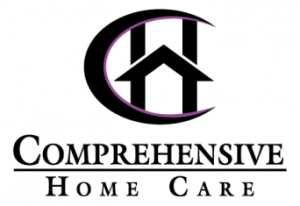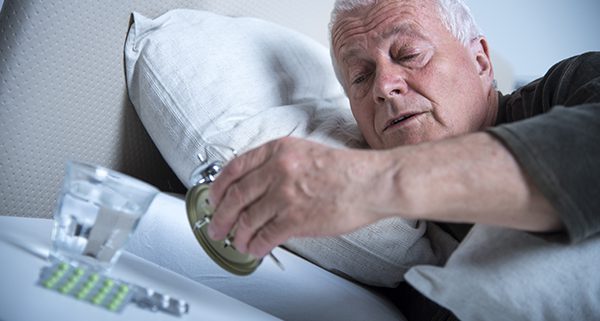Insomnia in the Elderly
We all want that feeling of getting out of bed well rested after a great night’s sleep. However, for older adults getting adequate sleep is a struggle. As adequate sleep is required to rejuvenate the body, it’s important to know the best options to treat insomnia.
Let’s take a look at insomnia and the options to help your loved one.
The Misconception
Insomnia is a disorder that plagues many people, the numbers increasing with age. Many believe inadequate sleep is just something to be accepted. This misconception is one that Preeti Malani, M.D., Chief Health Officer and Professor of Medicine at the University of Michigan wants to dispel. According to Dr. Malani, “If older adults believe that these changes are a normal, inevitable part of aging, they may not think of it as something to discuss with their doctor. And not discussing it can potentially lead to health issues not being identified and managed.”
Treatment
The initial step in addressing sleep concerns for seniors is to talk to a physician. The physician can give advice on how to improve sleep and rule out any underlying conditions such as depression, anxiety, restless legs syndrome, and heart disease. He/she may prescribe medication, however, medication may not be the best option. Safer alternatives may include:
- Restrict alcohol and caffeine, especially in the afternoon and evening.
- Keep all electronic devices out of the bedroom and keep the sleeping environment dark and cool.
- Set a sleeping pattern and adhere to it, sleeping and waking up at the same time every day.
- Engage the services of a sleep therapist for cognitive behavioral therapy.
The Risks
About 40% of elderly adults are relying on insomnia medication. For this reason, it’s extremely important to also know the risks associated with such medication. Dizziness and disorientation is a common side effect, so the risk of falls and fractures, as well as car accidents increases. Seniors may also be at risk of becoming dependent on these types of medications.
Herbal remedies and supplements can also cause unwanted effects. Melatonin, for example, can cause dizziness and nausea and may interact with prescriptions, such as diabetes and high blood pressure medications.
Hope
New research and studies are coming out and as a result, new treatment options are coming to light. There’s no need to accept the misconception that adequate sleep is impossible to achieve. Ask for help to find the solution for you or your loved one.
Comprehensive Home Care, the number one choice for the expert companion care Charlotte seniors rely on, can help in a variety of ways. Our fully trained and experienced in-home caregivers can certainly help seniors stay active during the day with exercise programs, fun outings, and much more, setting the stage for an improved night’s sleep. Give us a call at 704.333.5214 or contact us online for more information.
As many insomnia medications cause dizziness it’s essential to learn ways to prevent accidental falls. Check out Steps to Avoid Accidental Falls.



